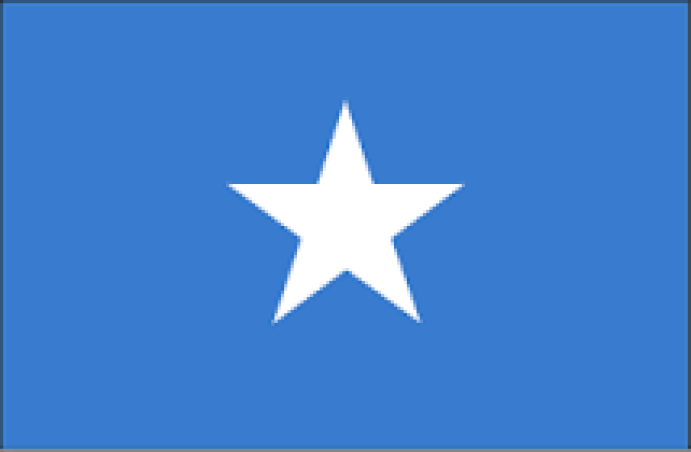Consortium launches digital cash transfer program to help vulnerable Somalis

The European Union-funded Somali Cash Consortium said it has launched a 7.67 million U.S. dollar cash transfer program to assist over 115,000 vulnerable Somalis.
The consortium, which started its fifth year of operation this week, said the ultimate objective is to support the creation of a functional nationwide safety net system, to bring long-term benefit to Somali people, reducing the risks presented by large-scale catastrophes, including famine, and minimizing the human and economic costs of repeated crises.
“This method of humanitarian delivery has been shown by previous experiences and by studies to be favored by aid recipients as it allows them to make choices and purchase what they need most,” Somalia Cash Consortium Director Alessandro Bini said in a statement issued on Tuesday evening.
The United Nations estimates that 5.9 million people in Somalia will require humanitarian assistance in 2021.
The humanitarian crisis in Somalia is among the most complex and long-standing in the world as insecurity, as well as recurrent climatic shocks, perpetuate high levels of humanitarian needs.
According to the UN, the threats of desert locusts, COVID-19 pandemic, mixed rains performance have exacerbated the fragile humanitarian situation.
Johan Heffinck, head of the European Union Humanitarian Aid Office for Somalia, said the cash assistance program has proven to be highly effective and efficient in assisting the most vulnerable households.
He said all households selected by the consortium for support are extremely vulnerable, adding that of these, 10 percent include a disabled family member while 13 percent include children separated from their parents.
The consortium said the program will enable tens of thousands of families to be able to provide for their children, stand a better chance of being able to withstand future crises and move toward long-term stability.
The EU has supported 1.2 million people in Somalia with “mobile-money,” a form of digital payments delivered directly to mobile phones, since 2018.
The digital cash can be transferred to any merchant shop in exchange for household goods, such as food, water and non-food items, or can be exchanged for hard currency.
SOURCE:xinhuanet.com
 Africas leading resource for digital financial services
Africas leading resource for digital financial services


comments